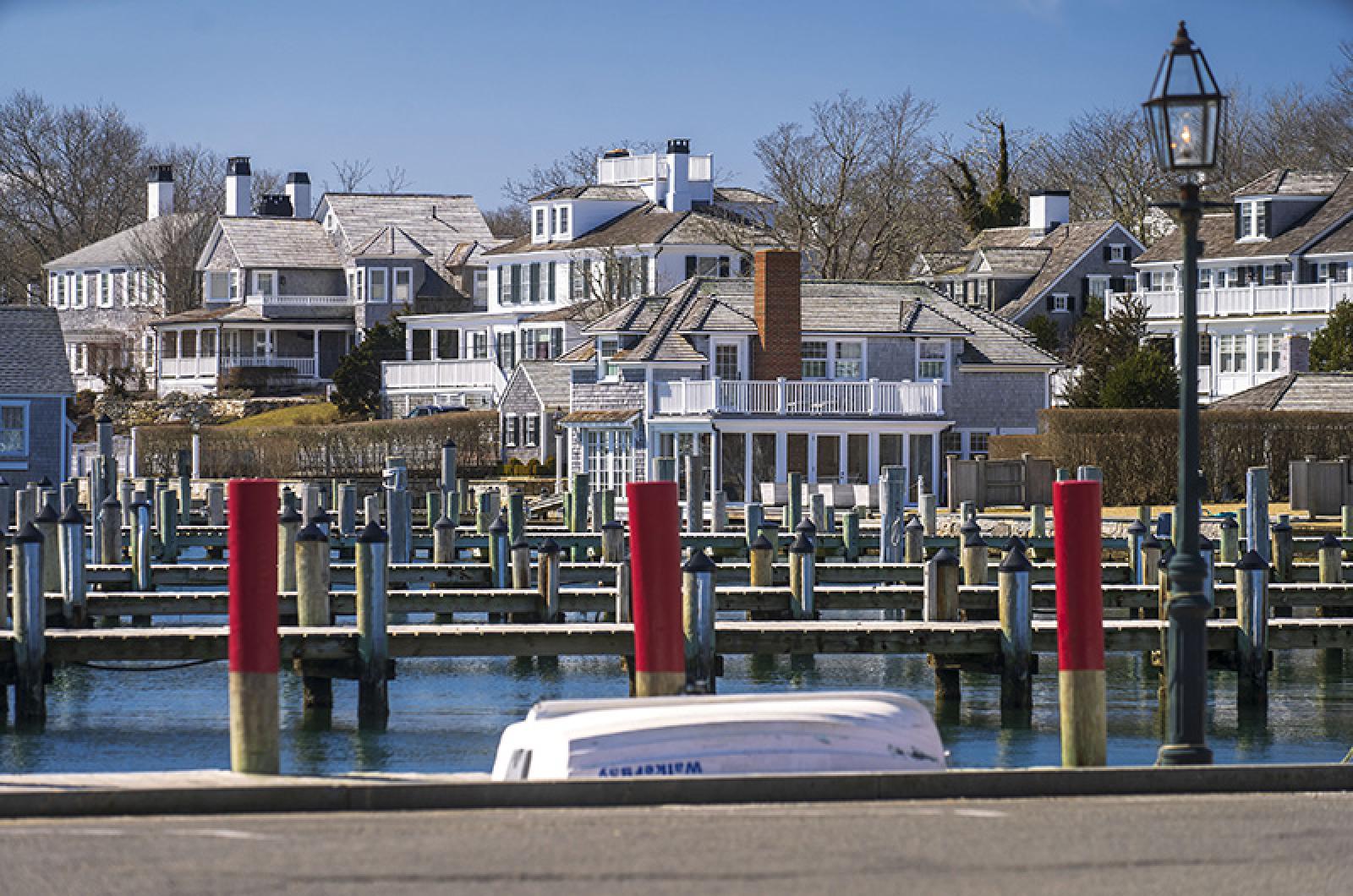A lengthy effort to update the Martha’s Vineyard Commission’s development of regional impact checklist has stalled again after local officials noticed ambiguities in language regarding demolitions and restaurant expansions.
The commission had previously approved an updated version of the checklist in October of 2020, striking a clause about the review of large home construction after criticism from the Island building community.
But at the commission meeting on Thursday, commissioner Fred Hancock, who has spearheaded the checklist update, said that after the state approved the new checklist earlier this year, local officials noted concerns with ambiguities in its language. Issues included the definition of the term “demolition” and rules regarding the size of a restaurant expansion that requires review.
“When we brought our revised checklist...to the building inspectors and town officials, it was brought to our attention, particularly by Ross Seavey of Tisbury, that there was a problem with it,” Mr. Hancock said. “So that caused us to look back at a few things. And we made some changes.”
The DRI checklist is a list of items that trigger a development’s review by the commission. Developments eligible for review include subdivisions, commercial development and historic demolitions.
At the meeting Tuesday, commissioners, local officials and members of the public labored over a newly-added clause that would require alterations of a historic structure, as determined by a town historic district commission, to get referred to the commission.
Mr. Hancock said that the “alteration” clause, known as 8.1B, was added to capture small alterations to the historic parts of buildings, like glass windows, that didn’t fit the percentage definition of demolition (50 per cent of a historic structure’s floor area, or 25 per cent of its facade).
But Tisbury building inspector Ross Seavey said that the language in the clause could create significant work for already overburdened town historic district commissions.
“I’m concerned about that backlog,” Mr. Seavey said. “You want to capture those things that are five per cent of a facade that are so important you don’t lose them. I just don’t think this language does that without overburdening our local commission.”
Commissioner Ted Rosbeck largely agreed with Mr. Seavey’s comments, saying aspects of the changes seemed like a “catch-all” for the commission’s review.
“It seems cumbersome,” Mr. Rosbeck said.
Attorney and landowner Ben Hall also voiced a litany of concerns with the checklist changes, saying that the definition of demolition included vague language about what is considered historic. He also said that a rule requiring review for buildings over 100 years old wasn't specific enough because certain historic structures contain more modern additions.
“I think you really need to work on this with greater detail,” Mr. Hall said. “Fine tuning measures I think are absolutely required before you sign off on this.”
Mr. Hancock and other commissioners responded to some of the concerns, arguing that changes like the alteration clause required a certain amount of subjectivity.
“8.1B is a pretty discretionary thing. It’s sort of like knowing pornography when you see it,” Mr. Hancock said.
But commissioners agreed to consider comments provided in the public hearing and rework language in the checklist.
In other business, the commission approved the written decision for the Hob Knob inn’s expansion. The commission denied the project in a close vote earlier this year.
A planned public hearing on the proposed Tisbury Marine Terminal for Vineyard Wind was also continued until May.







Comments (2)
Comments
Comment policy »